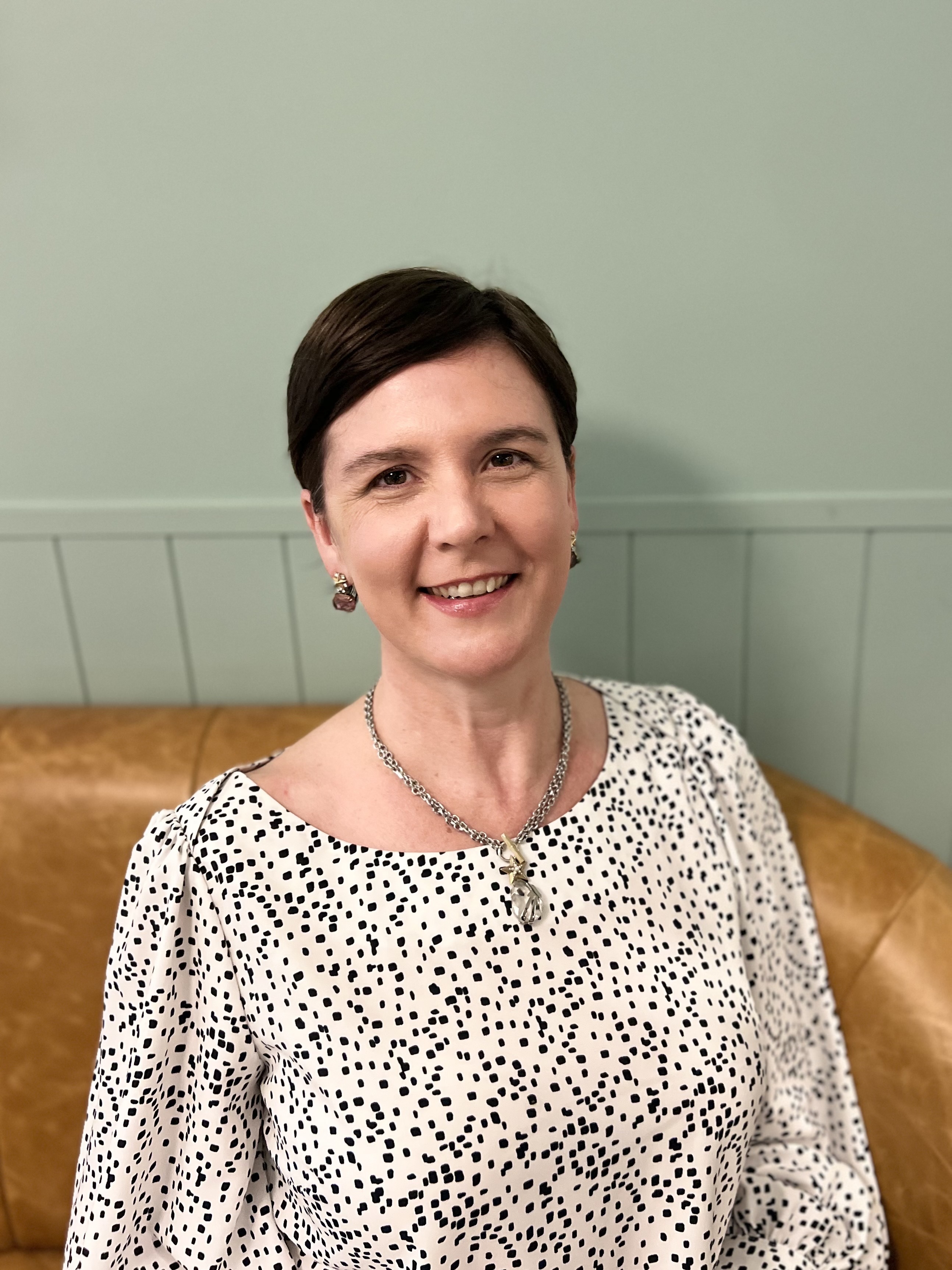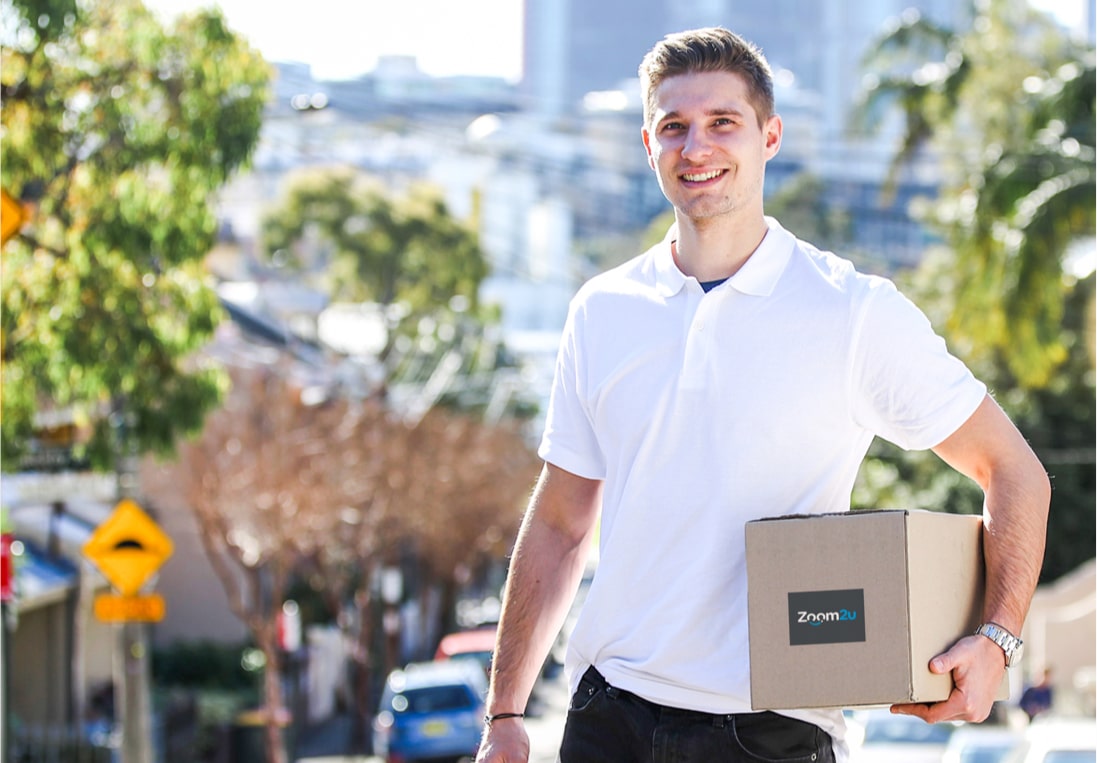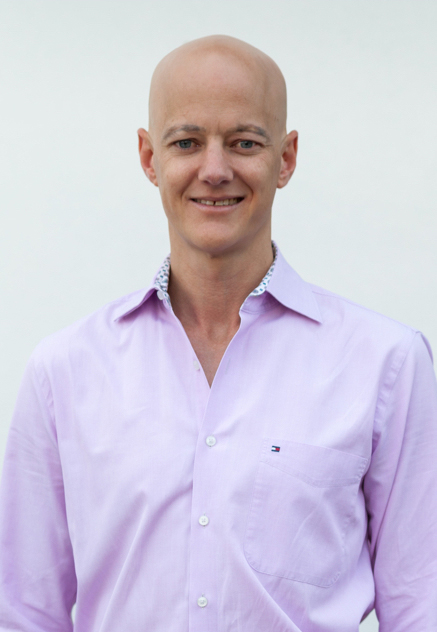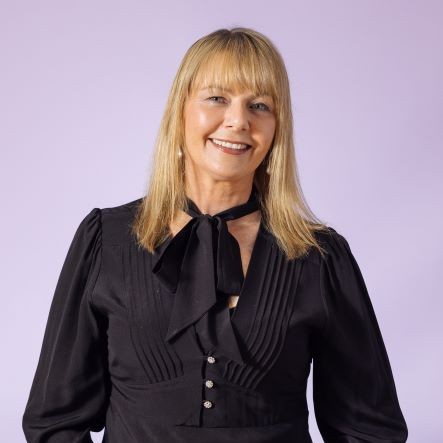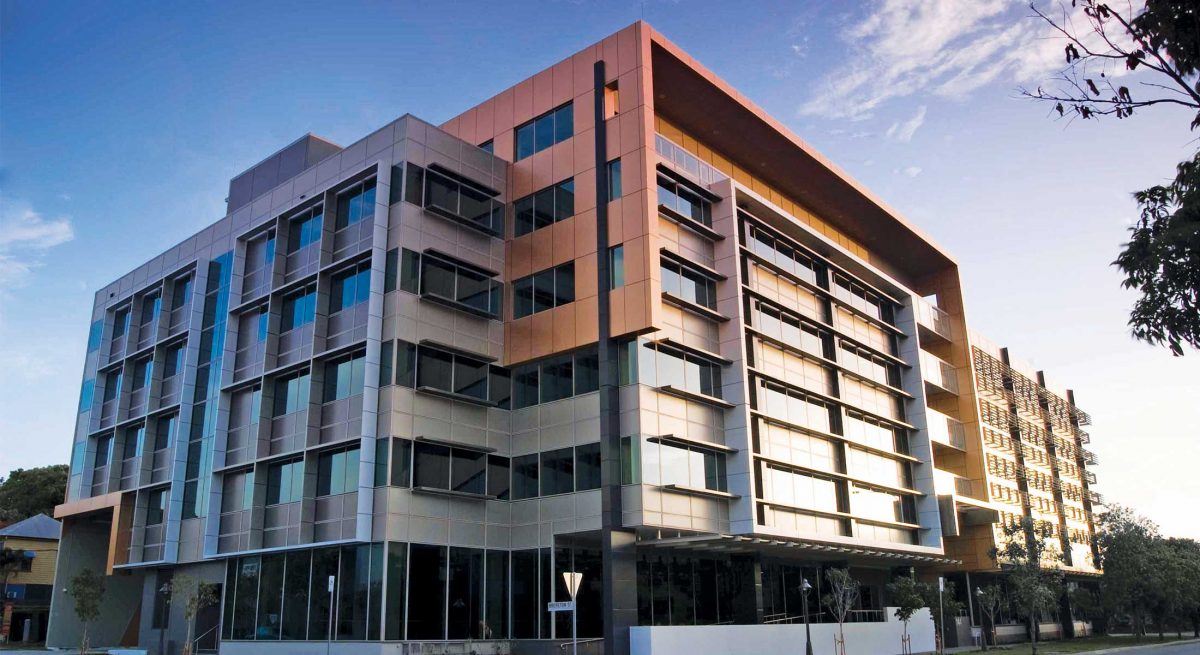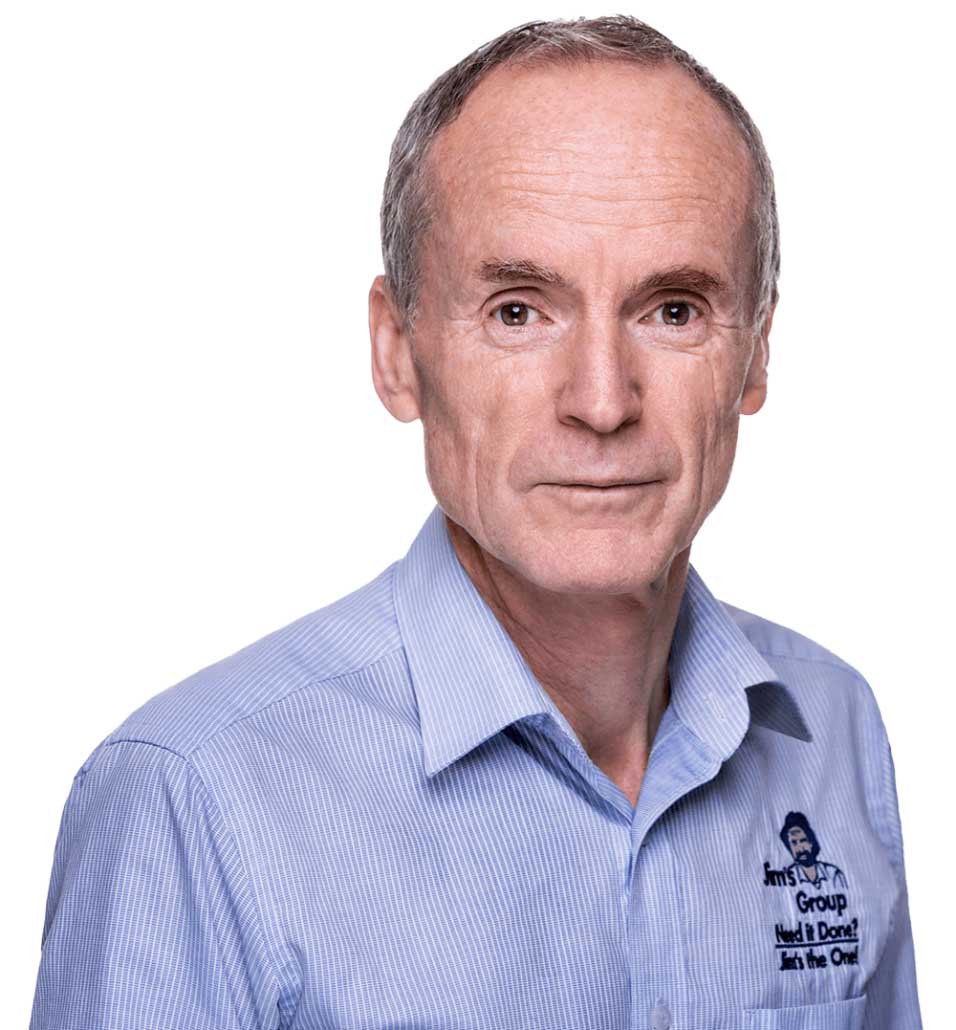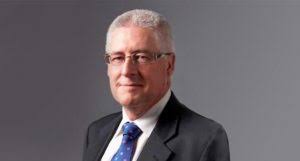The Dom curates and informs customers about brands – and why it chooses them
By Leon Gettler, Talking Business >>
SHOPPERS looking for discounts on their clothing are sick of dealing with the cluttered look.
Justin Seskin, the CEO and co-founder of online store The Dom, said the aim of the company is to ‘get rid of the cluttered look’.
Instead, it’s offering more than 250 brands for an aspirational market that is looking for high-end discounts on 250-plus clothing brands including Adidas and Lee Matthews.
“Being in fashion and retail for a long time, I just saw an opportunity for more elevated and more premium outlets, particularly one online and one that really understands the needs of the brands, the sellers, and the product we are selling, and also the customer,” Mr Sekin told Talking Business.
“The customer is always looking for a discount and a big part of sales aren’t made at a discounted rate and there are discounted propositions online, whether it’s Catch or eBay, or some of the bricks and mortar offerings, but our opinion is a lot of them are cluttered down markets.
“That’s not the experience that customer or the brand wants. That’s why we came into The Dom and there certainly is a movement globally for more elevated discount propositions. There is a big movement to the more aspirational premium outlet proposition which we believe The Dom is fulfilling in Australia,” he said.
“Our goal is to be that fashion and lifestyle destination.”
Cluttered outlets seem ‘cheap’ and downmarket
The problem with having an outlet that is too cluttered, he said, was that it gave the perception that it was selling cheap downmarket products. 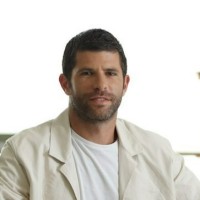
“In many instances it’s not, it’s just the environment you find them in,” Mr Seskin said.
“When you go into an outlet and you find tens of products stacked on a rack or as many as you can fit on a shelf, that’s what creates that perception of that product being old or that product being not aspirational – but that’s absolutely what we are trying to change.
“We are trying to educate the customer that the outlet is a place where you can find good fashion products.”
‘Editorial’ approach to presentation
Mr Seskin said The Dom was handpicking the brands it wanted to present for customers. The brands are not presented as being on sale in a final clearance.
There is a lot of content on site and communication with customers, whether it’s by email or social media, informing them what brands they should be buying.
“The editorial component is key,” Mr Seskin said. “So it’s not throwing all the products we can find at the customer. We merchandise. How can we provide the customer with the product that’s relevant to them, whether that’s through typical search and merch or and editorial lens that gives the customer some guidance to what they should be buying,” he said.
All the brands on The Dom are placed in precincts, similar to what you find in any shopping centre.
“We are creating that concept online which does help us talk to the customer in a language familiar to them,” Mr Seskin said.
“So without knowing who the customer is, if they find their way to the designer precinct, we roughly know what language we should be talking to them.”
Hear the complete interview and catch up with other topical business news on Leon Gettler’s Talking Business podcast, released every Friday at www.acast.com/talkingbusiness
ends

 How to resolve AdBlock issue?
How to resolve AdBlock issue? 